According to leading Chinese economist Yu Yongding, economic stimulus packages should be as large as possible – and details should be revealed as soon as possible.
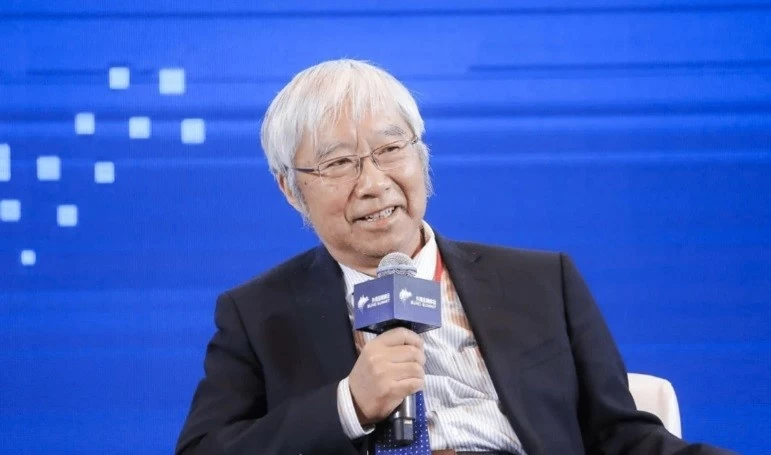 |
| Mr. Yu Yongding, former advisor to the People's Bank of China (PBOC). (Source: Bund Summit) |
According to this expert, to maximize the impact of the new economic stimulus package, Beijing should be prepared to spend even more than the 4 trillion yuan (approximately $564.7 billion) that was released after the 2008 financial crisis.
In a recent exclusive interview, a former advisor to the People's Bank of China (PBOC) suggested that the central government should quantify its economic stimulus plan as early as possible – ideally with a specific and detailed timeline.
“With only three months left in the year, rushing into the fight to regain growth could have serious side effects. If it’s too late this year, we can continue next year. We can’t rush into action, but we can’t delay sending policy signals,” he said.
Stimulus measures from the world's second-largest economy continue to be one of the key developments attracting attention in global markets.
Last weekend, China's Finance Minister announced a massive fiscal stimulus package exceeding $300 billion. These continuous stimulus packages targeting the capital market, real estate, and consumer spending since the end of September demonstrate China's strong efforts to achieve its 2024 GDP growth target of around 5%.
The stimulus measures launched since late 2008 have brought about a new set of persistent problems, including industrial overcapacity, a heavy debt burden on local governments, excessive reliance on the real estate market, and widespread risk in the financial system.
A strong advocate of fiscal stimulus measures, Yu Yonding said that moves to boost economic growth would surpass 2008 figures, as the current size of the Chinese economy has already exceeded its previous size.
Regarding the proposal from another senior advisor – that at least 10 trillion yuan (US$1.42 trillion) is needed to stimulate the economy over the next one or two years through the issuance of special treasury bonds – Yu Yongding said it was "worth considering."
"As long as a country's economic growth rate is higher than interest rates, its debt can still be maintained. China doesn't need to worry about financial sustainability yet. What we should be worried about is a continued slowdown in economic growth," he analyzed.
He argued that China doesn't need to worry about increased government leverage or a fiscal crisis coupled with inflation, because the world's second-largest economy has an expansionary fiscal policy. China is currently one of the countries with the best fiscal position globally, with a high savings rate, net foreign assets of nearly $3 trillion, and foreign exchange reserves of over $3 trillion.
While the government has remained silent on the specific scale of the stimulus plan, China's Finance Ministry outlined several priorities for the near future at a meeting on Saturday, including debt relief for local governments, capital injections for major state-owned banks, and financial support for the real estate market.
Yu Yonding noted that the most positive message conveyed at this meeting was the one-time increase in the debt ceiling for local governments to swap for hidden debts.
At a conference on October 8th, the National Development and Reform Commission – China's top economic planning agency – stated that the economy would be boosted through more active government spending on infrastructure projects, with urban innovation being a top priority.
Regarding supply, expert Yu Yonding predicts that China's infrastructure investment is far from saturated because the country still needs many public service facilities such as urban drainage systems and nursing homes for the elderly. Even in the transportation sector, where China has seen spectacular growth, he says there is still demand for small seaports and airports.
Source: https://baoquocte.vn/chuyen-gia-hang-dau-keu-goi-trung-quoc-bom-manh-tay-hon-nua-de-thoi-lua-nen-kinh-te-290167.html






![[Photo] Closing Ceremony of the 10th Session of the 15th National Assembly](/_next/image?url=https%3A%2F%2Fvphoto.vietnam.vn%2Fthumb%2F1200x675%2Fvietnam%2Fresource%2FIMAGE%2F2025%2F12%2F11%2F1765448959967_image-1437-jpg.webp&w=3840&q=75)

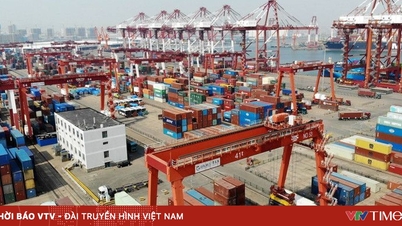

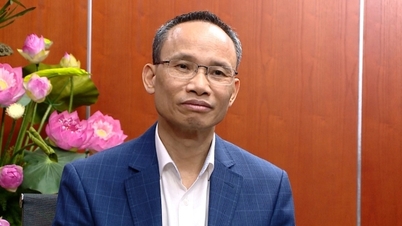

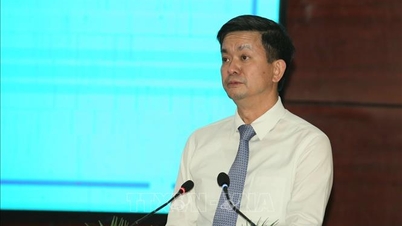











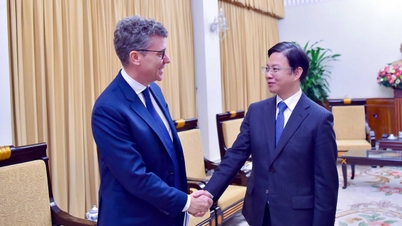
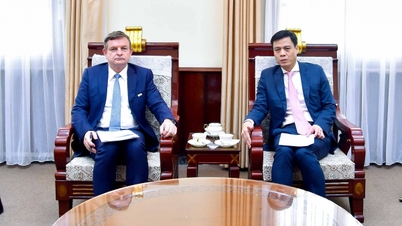
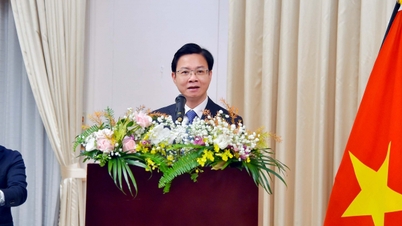































![[OFFICIAL] MISA GROUP ANNOUNCES ITS PIONEERING BRAND POSITIONING IN BUILDING AGENTIC AI FOR BUSINESSES, HOUSEHOLDS, AND THE GOVERNMENT](https://vphoto.vietnam.vn/thumb/402x226/vietnam/resource/IMAGE/2025/12/11/1765444754256_agentic-ai_postfb-scaled.png)






















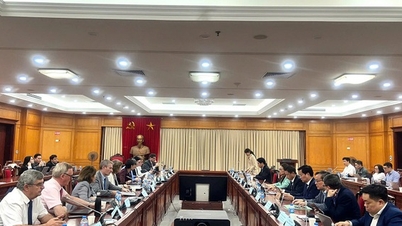


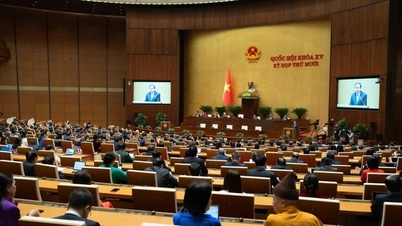





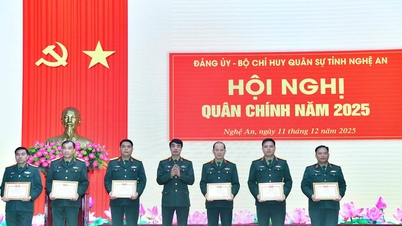

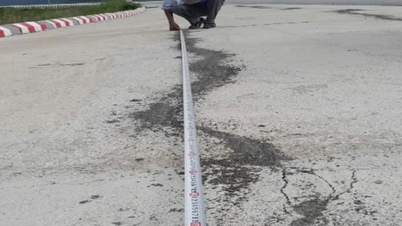



















Comment (0)